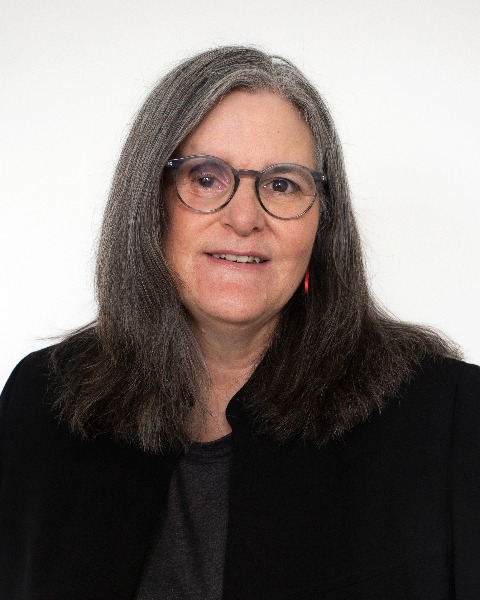Amplification and Assistive Devices (AAD)
(PP308) Adult Severe to Profound Hearing Loss: What Can I Do Better?

Bernadette FULTON, MS
Audiology Manager for severe to profound hearing loss
Phonak Switzerland
Murten, Fribourg, Switzerland
Linda Thibodeau
Professor
the University of Texas at Dallas USA
Dallas, Texas, United States
Lead Presenter(s)
Contributor(s)
An estimated 87 million people worldwide have severe and profound hearing loss. Evidence shows that there can be large, life-changing benefits from cochlear implants. Despite this, only around 7% of adults in the U.S. and the UK, with qualifying hearing loss go on to receive a cochlear implant.
That means that a large majority of adults with severe and profound hearing loss continue to use hearing aids. Despite this the evidence base for best practice is weak. To address the problem a group of international experts have come together to develop practical guidelines, now published.
Summary:
Best practice was defined using a two-stage approach: (1) use evidence where available, and elsewhere (2) provide the consensus advice of the expert panel. Where evidence is available it will provide the foundation for evidence-based practice and where the scientific evidence is insufficient, the guide provides specific recommendations based on expert advice. The authors hope that sharing this information will inform best practice in hearing care and improve outcomes for adults with severe and profound hearing loss. The aim was to develop practical guidelines based on existing evidence and not a systematic review.
The results were 153 recommendations for best practiced based on current evidence. These recommendations address management from audiological assessment and psychosocial needs to selecting hearing aids and wireless microphones and onwards to referral for cochlear implant. The relevance of other implantable technologies is also discussed. The recommendations highlight when onwards referral for specialist care by otologist, psychologist or other rehabilitation is indicated and the special considerations needed in tinnitus management. It closes with a discussion of the challenge of outcome measurement for this group and how to approach long term ongoing care. The results are published in: Turton, L., Souza, P., Thibodeau, L., Hickson, L., Gifford, R., Bird, J., Stropahl, M., Gailey, L., Fulton, B., Scarinci, N., Ekberg, K., & Timmer, B. (2020). Guidelines for best practice in the audiological management of adults with severe and profound hearing loss. Seminars in Hearing, 41(3), 141–245. https://doi.org/10.1055/s-0040-1714744
The authors concluded that there are unique needs and special considerations for best practice in the audiological management of clients with severe and profound hearing loss. In developing best practice guidelines, the authors have highlighted the need for stronger research and identified gaps in the evidence. The guidelines give audiologists practical recommendations that can be immediately implemented in their practice. These recommendations have the potential to improve audiological outcomes and quality of life for adults with severe and profound hearing loss.
The poster provides a snapshot of the guidelines which can be downloaded Open Access. There readers will be able to recognize the reasons why the outcomes of clients with severe and profound hearing loss are often poorer than expected, be confident that they can find current evidence and find ideas for improving outcomes of clients with severe and profound hearing loss in their own practice.
Learning Objectives:
- Implement key practices for improving outcomes of clients with severe and profound hearing loss in their own practice.
